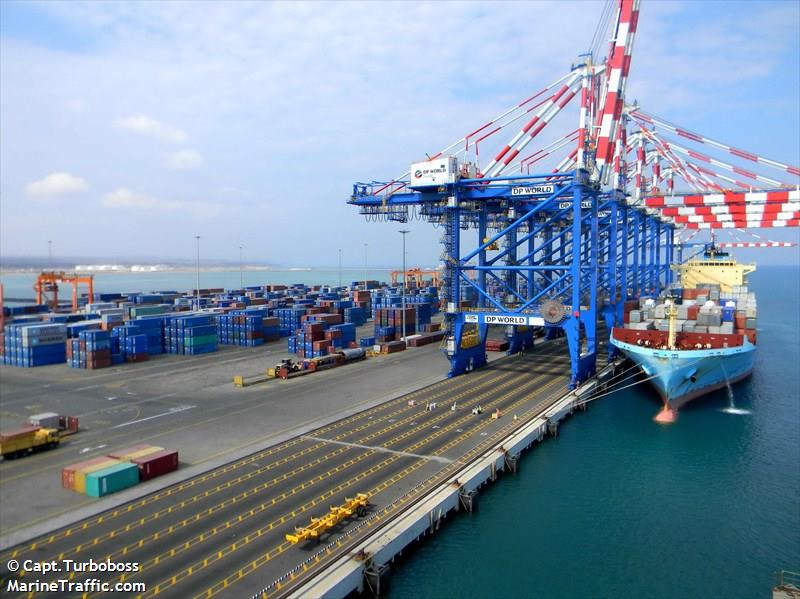BY Warsan Writer
Djibouti is fast becoming the gateway to Eastern Africa.The tiny nation located on the furthest end of the Horn of Africa region has seen major investments on their ports in recent times.In July 2018, it added to its array of projects the construction of a multibillion free trade zone touted to be the biggest on the continent.
Costing $3.5 billion and ultimately set to span 4,800 hectares, the Chinese built zone enables users to operate without paying property, income, dividend or value-added taxes. It will be jointly run by the Djibouti Ports and Free Zones Authority and China’s Merchants Holdings Company, according to Reuters.
Aboubakar Omar Hadi, chairman of the Djibouti Ports and Free Trade Zone, said the project is a necessity to the region.
“We are building a global, modern and sustainable trade hub for the coming decades. Djibouti’s strategic location makes it an important gateway to dynamic African markets. Our strategic location and world-class facilities have seen Djibouti’s importance as a trade hub recognised globally.”
The biggest casualty is thought to be Kenya, whose port in Mombasa has been the most important, particularly for landlocked countries, in a long time. With Djibouti attracting major trade partners mainly from its neighbourEthiopia, a powerhouse with which it shares a border, a significant portion of Kenya’s port users will be cut off.
Kenya inaugurated Lamu Port-South Sudan-Ethiopia-Transport ( LAPSSET) Corridor Program in 2013.The project’s main targetswere Ethiopia and South Sudan, but these recent developments in Djibouti mean Ethiopia has all but abandoned LAPSSET.
At its inauguration, the LAPSSET project was one of Eastern Africa’s largest and most ambitious infrastructural projects, one that was touted to bring together Kenya, Ethiopia and South Sudan. Currently, Ethiopia is not very keen on the project, for which it was supposed to be the main beneficiary.
LAPSSET consists of seven key projects: a port at Manda Bay, Lamu (Kenya); interregional highways from Lamu to Isioloto Juba (South Sudan), Isiolo to Addis Ababa (Ethiopia), and Lamu to Garsen (Kenya);a crude oil pipeline from Lamu to Isiolo andIsiolo to Juba anda product oil pipeline from Lamu to Isiolo. In one fell swoop, Djibouti will provide all these to Ethiopia.
In a statement, Ethiopian premier Abiy Ahmed congratulated Djibouti for the construction of the free trade zone and reiterated he wants to see “harmonized working hours, competitive port tariff, single clearance document, OSS, joint investment in port infrastructure & improved road link.”
At present, Djibouti handles almost the entirety the foreign trade of Ethiopia, an aspect that has beenenhanced with the construction of the trade zone.

